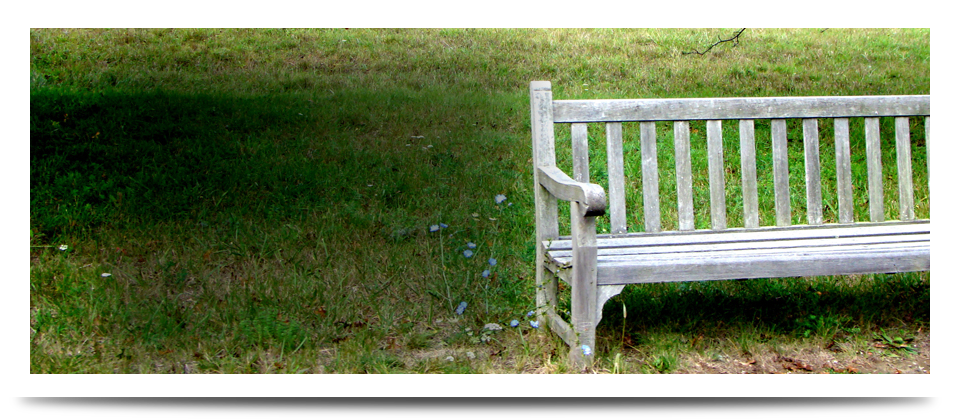
Course Information
 Citizen-Centered Leadership™
Community of Practice Course Syllabus
Citizen-Centered Leadership™
Community of Practice Course Syllabus
A. DESCRIPTION
This course involves a careful examination of citizenship in the context of the lived experience of disability. Emphases are on the multiple dimensions that contribute to the co-creation and perpetuation of societies that hold people with disability at the margin of community, and sound theoretic practices that when engaged, may serve to close the gap.
The core work of this course is to engage in personal and shared reflective thought and to take intentional action with and on behalf of people living with disability that challenges people everywhere to awaken and rise up to the call of full inclusion through contribution and citizenship.
B. ORGANIZATION
This is a 15 week course of study using distance learning modalities. The material for the course has been derived from and centralized around a series of exclusive video-taped interviews across six distinct, yet inter-dependent course areas. Each of the six course content areas hold a number of subject related modules within them. Each Monday during the semester a new module will be opened within the Moodle distance learning platform.
The modules are broken into specific topic areas. The topic areas contain written content and video-clip recordings that underscore or emphasize key concepts. Participants will be instructed within the module where additional reading material is recommended or required. Required reading material will be found in the course library located within the CCLDs Moodle learning platform. Live CCLDs community sessions are conducted weekly in 90 minute webinar formats.
C. COURSE OBJECTIVES
1. To engage participants in the exploration and understanding of the origins and the intention of person-centered work as it relates to supporting people with disabilities to make productive contributions to society as full citizens
2. To cultivate local learning communities of practice, that include persons living with disability, that commit to the investment of time, money, energy and talent in areas of innovation, inspiration and action that push past the margins of exclusion - to bring balance to what we say we believe and what we actually do in the name of community inclusion
3. To expand the contributions from and network of people who are active members of the CCLD global learning community of practice
D. COURSE TOPICS
- 1. Citizenship and A Call to Leadership
- a. What is Citizenship?
- b. Appreciative Leadership
- 2. The Community-Building Imperative
- a. Disability History
- b. Rethinking "Disability"
- 3. Person-Centered Planning
- a. Fundamental Values
- b. Approaches & Tools
- 4. The Abundant Community
- a. Asset-Based Community Development
- 5. Employment: Making a Life by Making a Living
- a. Employment as an Expectation for Citizenship
- b. Six Steps to Employment
- 6. Plans that Work: A Call to Action
- a. Goal Writing Basics & Individualizing Planning
- b. Person-Centered Organizations v Transformational Organizations
E. REQUIRED TEXTS AND LEARNING PARTNERS
Conversations on Citizenship and Person-Centered Work, ( 2011. O'Brien & Blessing) is the required book for this course.
Citizen-Centered Leadership Learning Journal (2013) is recommended but not required. A copy of the Learning Journal can be downloaded from the CCLD library or purchased as a hard copy in the CCLDs store. CCLD Products
Each participant must work with a minimum of two key learning partners. One partner should be an individual who uses disability services regularly and who is willing to help you in the evolution of your learning process while simultaneously benefitting from your shared experience as they advance their experience of making meaningful and reciprocal contribution to community. The other learning partner should be someone who is willing and able to assist you in navigating potentially difficult or complex system issues as you come up against them throughout the semester. The role of the learning partners is to support you in the practical application of course content in day to day experiences with and on behalf of people living life with impairment.
F. COURSE GRADING SCHEME and ASSIGNMENTS
This course has been developed as a self-paced learning experience. In essence, we believe that you will get from it what you want. Consequently, the work of this course is not graded, nor is it certified.
However, participants are expected to engage in and complete all of the assignments within the semester and to share the experience within the on-line community forums, weekly live sessions and in their local communities.
Assignments that participants are asked to upload or email to the facilitator are due within two weeks from the date the module opened. Forum response contributions and local conversation forums should be made within the current week in which they are issued.
For those interested in pursuing a limited licensed partnership to co-facilitate the material of this course, among meeting other obligations, all course assignments must be documented and provided to the course facilitator for review and feedback.
- Citizen-Centered Leadership™ Community of Practice
- Facilitator: Carol Blessing
- January 10, 2023: Course begins
- April 18, 2023: Course ends
- Weekly classes: Tuesdays, 3–4:30 PM
US Eastern Time - Register Now!
- Citizen-Centered Leadership™ Community of Practice
- Facilitator: Carol Blessing
- September 5, 2023: Course begins
- December 12, 2023: Course ends
- Weekly classes: Tuesdays, 3–4:30 PM
US Eastern Time - Register Now!